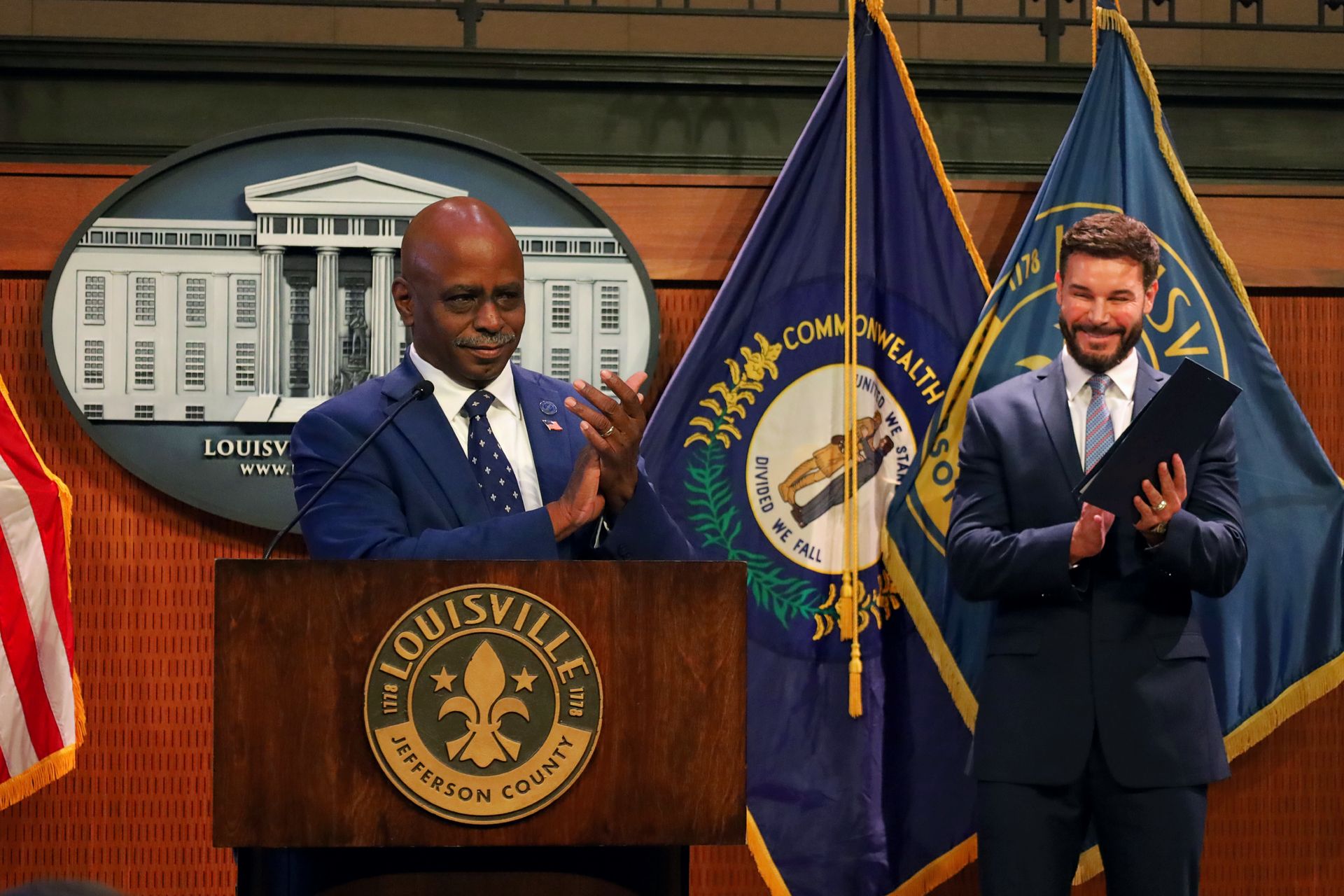- BlackVoter.Org
- Posts
- BlackVoter.Org
BlackVoter.Org


Join The Robbins House for the engaging Stamped Reading Series starting October 4! This exciting program invites families of all ages to dive into "STAMPED FROM THE BEGINNING," a graphic history of racist ideas in America by Ibram X. Kendi.
Gather to explore thought-provoking discussions during Saturday afternoons, with sessions also on October 18 and November 22. Each participant will receive a free copy of the book—available for pickup at The Robbins House or at the Concord Free Public Library.
As a nonprofit dedicated to illuminating Concord’s rich African American and antislavery history, The Robbins House aims to foster conversation and understanding for a better society. Don’t miss this opportunity to engage, learn, and inspire change.

The RISE Action Convening, known as RISECon, is set to energize the heart of Atlanta from October 10 to 12, 2025, gathering over 100 youth organizations to amplify young voices in politics ahead of the 2026 elections. Spearheaded by the trailblazing Mary-Pat Hector, just 19 and already a prominent youth leader, the event promises not just a conference but a dynamic hub for digital organizers, storytellers, and changemakers.
Attendees will engage with prominent activists like Tamika Mallory and Jamira Burley, learning innovative strategies to galvanize youth political power and combat voter suppression. RISE is not just about discussions; it’s about equipping the next generation with actionable insights to drive real change in their communities.
Designed as a transformative experience, RISECon aims to inspire and empower young people to advocate for their rights and make their voices heard in the political arena.


Exciting news for fans of Black journalism! The digital media outlet, The Root, has returned to Black ownership under the leadership of Ashley Allison, a former Obama staffer and CNN commentator. After more than a decade of being owned by larger media companies, Allison's acquisition through Watering Hole Media marks a new chapter focused on enhancing audience engagement through immersive, video-driven content and in-person events.
Her vision aims to create a trusted space for quality Black journalism, unapologetically tackling difficult stories and questions. The Root, founded in 2008 by Henry Louis Gates Jr.
and Donald Graham, is committed to showcasing the complexity of Black life, and Allison is excited to elevate that mission further. She promises to help audiences navigate the current landscape with truth and clarity.
With this bold transition, The Root is poised to redefine itself while honoring its rich heritage.

In a riveting segment, Abby Phillip of CNN takes on a bold challenge: fact-checking former President Donald Trump’s assertion that Democrats are essentially holding government funding hostage to secure free healthcare for "illegal aliens." With a sharp eye and clear explanations, Phillip dismantles these claims, revealing the inaccuracies at the heart of the shutdown drama.
She emphasizes that the political standoff is steeped in more complex negotiations rather than the simplistic narrative pushed by Trump and his Republican allies. As tensions rise and a government shutdown looms, Phillip's insights shed light on the intertwining issues at play, reminding viewers of the importance of critical thinking in political discourse.
Stay tuned as this story unfolds, and see how factual analysis can shine a light on the murky waters of political rhetoric.

In "Conflict Entrepreneurs Behind Our Broken Politics," columnist Clarence Page explores the concept of "conflict entrepreneurs," a term popularized by Utah’s Governor Spencer Cox. These individuals, often amplified by social media, thrive on outrage and division, creating an environment ripe for political polarization.
Page reflects on this phenomenon in the wake of the assassination of conservative activist Charlie Kirk, questioning whether such acts of violence will be a turning point in our fractious political climate. He criticizes the role of social media algorithms, which prioritize sensational content to capture attention, feeding into public animosity rather than fostering meaningful dialogue.
The article challenges readers to confront the motivations behind these conflict entrepreneurs—those who profit from division without any genuine aim for understanding or resolution. Ultimately, Page advocates for a return to constructive discourse over the heat of outrage, emphasizing the need to seek common ground in a divided society.

In a pivotal move for Louisville's leadership, Mayor Craig Greenberg has appointed seasoned political figures to fill the recent vacancies in the County Clerk and Sheriff’s offices. Former Metro Council President David James steps in as Sheriff, becoming the first Black person to hold the position following the passing of long-time Sheriff John Aubrey.
Meanwhile, Democratic State Senator David Yates takes over the County Clerk role, succeeding Bobbie Holsclaw, who also recently passed away. Both appointees are tasked with maintaining stability and upholding the legacies of their predecessors as they prepare for potential elections next summer.
James vows to focus on public safety and community trust, while Yates emphasizes the importance of transparent elections. Mayor Greenberg stressed that these appointments were driven by the candidates' proven public service, steering clear of political maneuvering during this delicate time for the community.

In a groundbreaking move, Ghanaian President John Dramani Mahama is leading the charge at the United Nations, declaring the Transatlantic Slave Trade as "the greatest crime against humanity" and demanding reparations. This unprecedented initiative, backed by a coalition of African and Latin American leaders, calls for acknowledgment and compensation for the staggering injustices faced by Africans and people of African descent, particularly Black Americans.
Highlighting the historical irony of compensation for slave owners while victims received nothing, Mahama advocates for a reparations framework encompassing financial restitution, environmental restoration, and the return of stolen cultural artifacts. This bold push not only seeks justice but aims to inspire global recognition of slavery's enduring legacy and its repercussions on contemporary society.
As calls for reparative justice gain traction, the world watches closely, questioning how nations will respond to this urgent moral imperative.

The University of Oklahoma is considering the dismantling of its Clara Luper Department of African and African American Studies, sparking outcry from advocates who argue this move would erase a critical space for Black scholarship and dishonor civil rights leader Clara Luper’s legacy. Since its establishment, the department has been a beacon for exploring Black history within a predominantly white institution, but political pressure against diversity, equity, and inclusion (DEI) initiatives is influencing this potential closure.
Critics, including Luper’s family and community leaders, emphasize that erasing this department would not only limit educational opportunities for students but also undermine the fight for equality that Luper championed. As the university navigates this fraught decision, many are rallying to preserve a vital academic space essential for understanding Oklahoma’s and America’s rich and complex history.
The outcome remains uncertain, but the stakes for future generations are undeniably high.